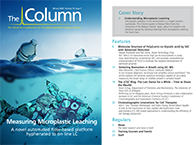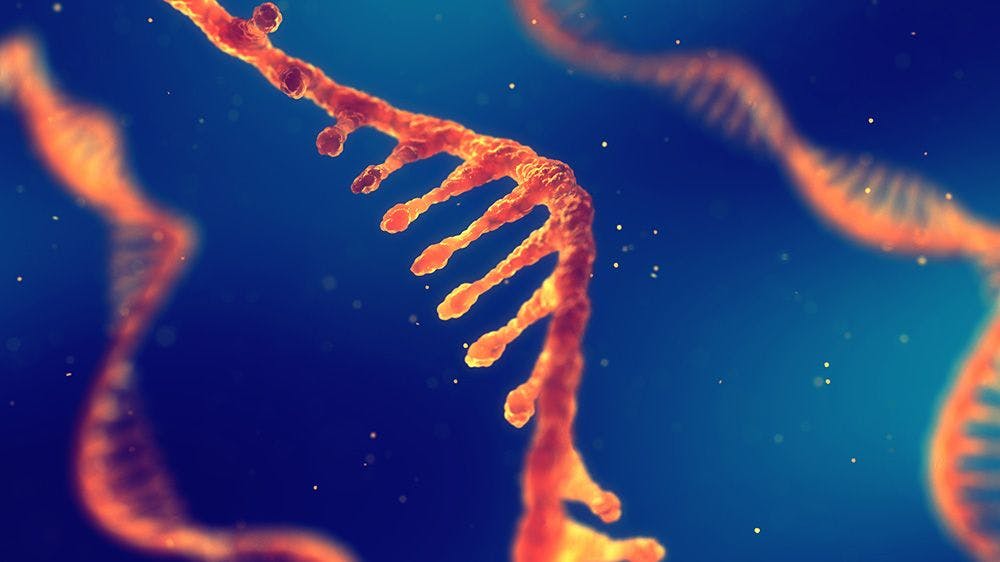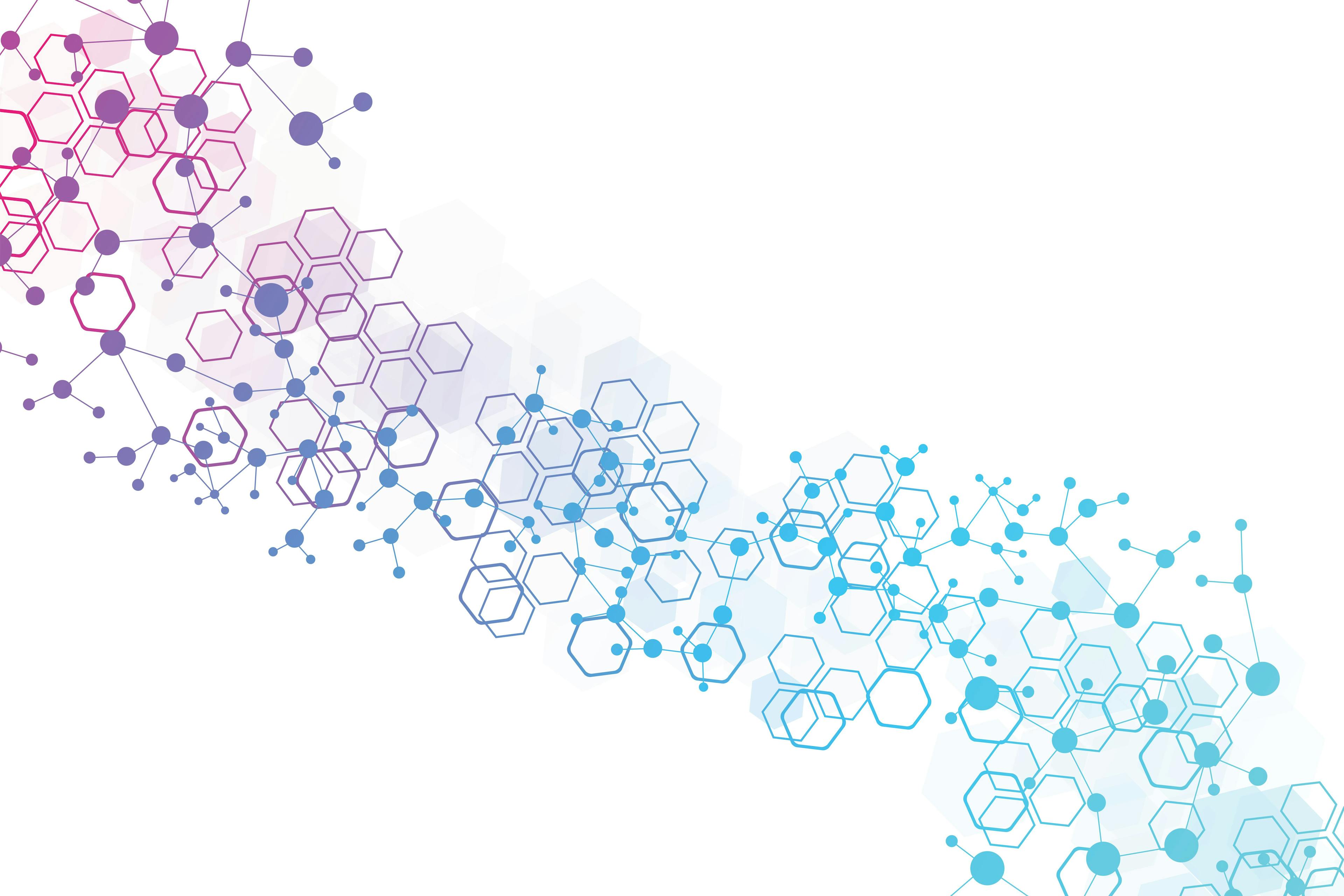ChromSoc Announce ‘Martin’ & ‘Jubilee’ Medal Winners
The Chromatographic Society have announced the winners of their 2020 ‘Martin Medal’ and ‘Jubilee Medal’ as Professor Gert Desmet, Vrije Universiteit Brussel (VUB), Belgium and Professor Deidre Cabooter, University of Leuven, Belgium, respectively.
The Martin Medal is named after Professor A.J.P. Martin who, together with Richard Synge, received the Nobel Prize for Chemistry in 1952 for their seminal work on partition chromatography The award represents the highest honour that the Chromatographic Society confers. The award has been made in recognition of Desmet’s outstanding contributions to the advancement of fundamental chromatographic theory. He is an author of over 300 peer-reviewed scientific papers, 11 patent applications, and a promotor of 35 PhD students. Further to his work on fundamental chromatographic theory, Desmet’s recent research has led to the development of micro-pillar array columns and other miniaturized separation techniques.
The ‘Jubilee Medal’ was created in 1982 to mark the 25th anniversary of the Chromatographic Society, with the intention of recognising up-and-coming separation scientists who have made major use of separation science in their own field or important contributions to a particular area of separations science. Cabooter was awarded the medal in recognition of her contributions to the dvancement of fundamental understanding of band broadening in liquid chromatography. She is the author of over 85 peer-reviewed articles, and is a member of the organizing and scientific committee of the International Symposium on Hyphenated Techniques in Chromatography (HTC). Further to the aforementioned research, she has worked on innovative approaches to improve and streamline the process of method development in liquid chromatography by developing novel hardware. Currently, her research team also develops software strategies based on artificial intelligence to streamline this process in an algorithmic way.
LCGC would like to congratulate both Gert and Deidre on receiving these awards.

Characterizing Plant Polysaccharides Using Size-Exclusion Chromatography
April 4th 2025With green chemistry becoming more standardized, Leena Pitkänen of Aalto University analyzed how useful size-exclusion chromatography (SEC) and asymmetric flow field-flow fractionation (AF4) could be in characterizing plant polysaccharides.
Investigating the Protective Effects of Frankincense Oil on Wound Healing with GC–MS
April 2nd 2025Frankincense essential oil is known for its anti-inflammatory, antioxidant, and therapeutic properties. A recent study investigated the protective effects of the oil in an excision wound model in rats, focusing on oxidative stress reduction, inflammatory cytokine modulation, and caspase-3 regulation; chemical composition of the oil was analyzed using gas chromatography–mass spectrometry (GC–MS).











